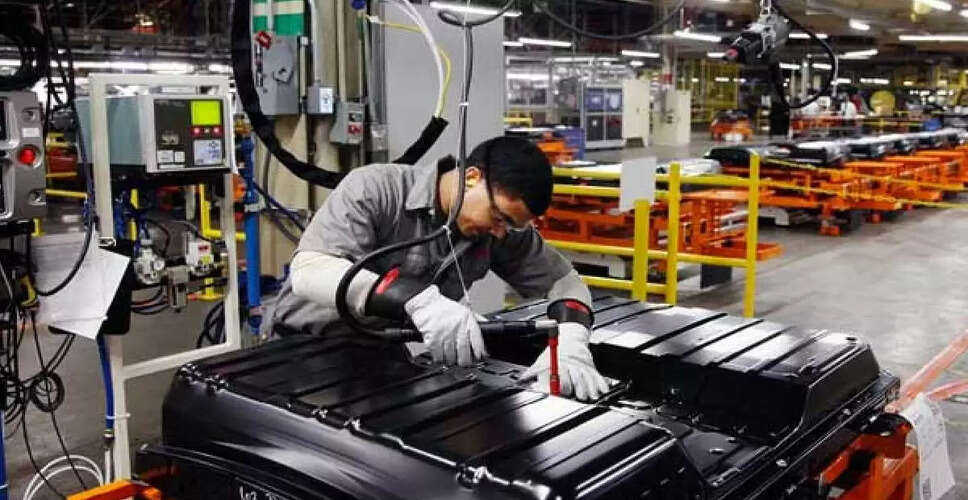Rare Earth Mineral Shortage Disrupts Global Automotive Industry

Impact of Rare Earth Mineral Shortages
A recent report has highlighted a significant crisis in the automotive sector due to a severe lack of rare earth minerals. Several auto parts manufacturing facilities in Europe have halted production, and major companies like Mercedes Benz are exploring strategies to safeguard against these unexpected shortages. The root cause of this dilemma stems from China's restrictions on essential minerals, which are crucial for the production of electric vehicles (EVs) worldwide.
China's Export Suspension and Its Consequences
China's recent decision to stop exporting a variety of rare earth minerals and associated magnets has created substantial challenges for automakers and disrupted global supply chains for EV battery components. This issue is not limited to the automotive industry; aerospace manufacturers, semiconductor firms, and military contractors are also facing similar difficulties.
China's Dominance in the Rare Earth Market
China's control over the critical mineral market, vital for the transition to green energy, has become a significant leverage point in its trade conflict with the United States. Reports indicate that China supplies a staggering 90% of the world's rare earth minerals. While this move may be aimed at countering U.S. tariffs, the automotive sector globally is feeling the impact. Companies like Mercedes Benz are proactively working to establish buffer stocks of these essential materials.
Critical Earth Minerals Affected
The critical materials affected by the export suspension include Samarium, Gadolinium, Terbium, Dysprosium, Lutetium, Scandium, and Yttrium. Industry leaders from India, Japan, and Europe are urgently seeking discussions with Chinese officials to expedite the stalled export licenses. A Japanese business delegation is anticipated to visit Beijing in June.
Domestic Solutions in the Works
In response to these challenges, the Ministry of Heavy Industries is organizing a stakeholder meeting to discuss the establishment of a domestic rare earth magnet industry. Proposed solutions include public-private partnerships and production-linked incentives. This is not the first instance of China employing such tactics; in 2010, it briefly halted exports to Japan during a territorial dispute. Japan, having faced similar situations in the past, diversified its supply sources and invested in overseas refining facilities.
